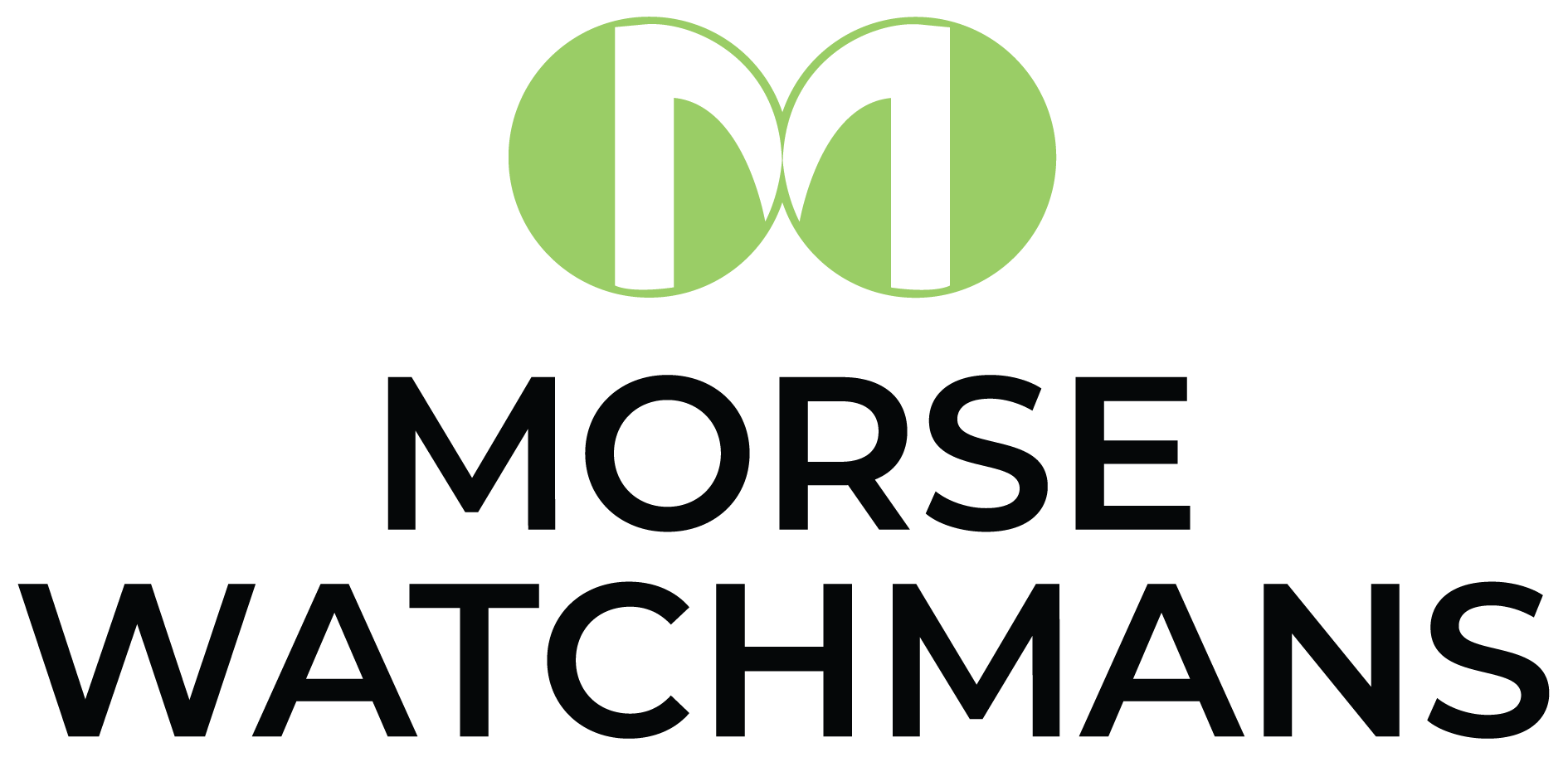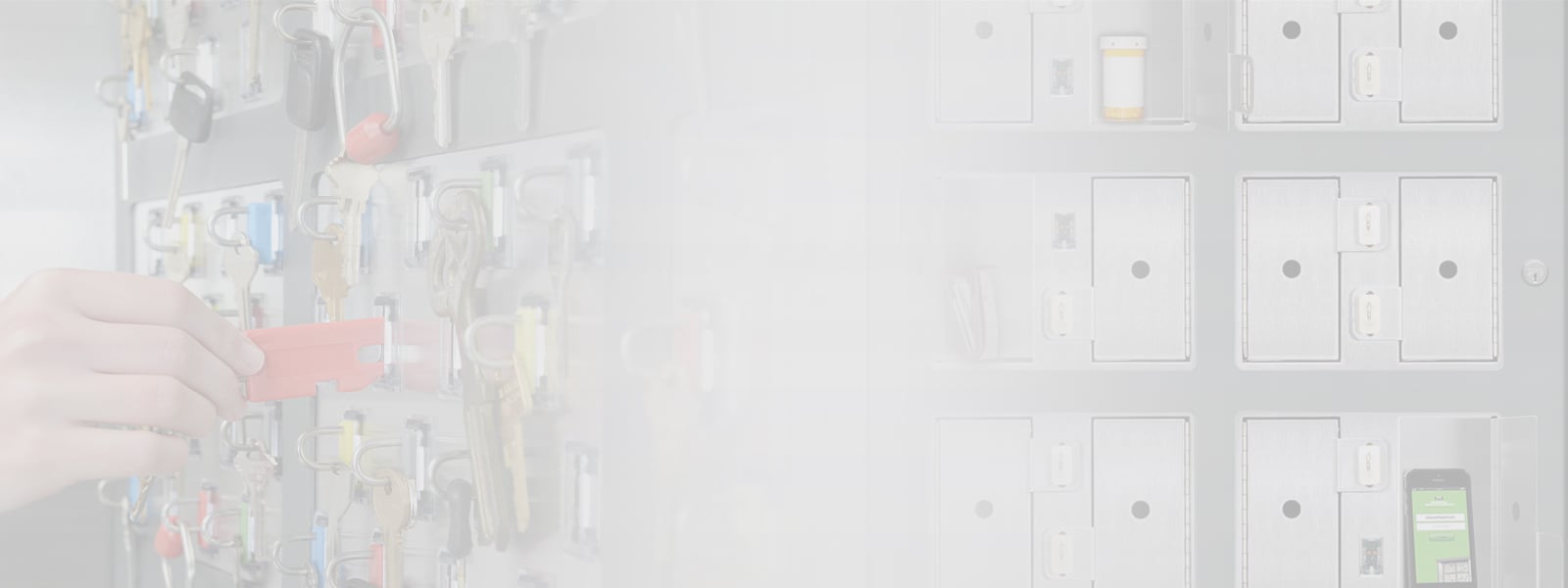
When the subject is how to increase physical security at government buildings like embassies, the focus today is typically on perimeter security and dangers coming from outside the premises. Articles on the topic may discuss the potential need for high walls with concertina wire, or creating a greater setback from the street to minimize damage from explosives.
This is an incredibly important subject. Protecting the lives of personnel at embassies should be paramount on the list of risk management strategies for any government entity. That said, the deployment of security technologies and products needs to go well beyond the perimeter. The threats to embassies and other government buildings are varied and can include theft, data breaches, vandalism and placement of spy devices, among others.
To combat these threats and reduce overall vulnerability, government facilities are increasingly turning to key control systems to help manage, protect and track the many physical keys in use.
When not in use, each fob can be locked safely in a key control cabinet, and only removed or replaced by the individual who is scheduled to use it at that time. All activity can be tracked, so management gets a clear picture of whether employees are adhering correctly to the program.
Traditional metal keys are not going away anytime soon, despite the growing adoption of access control cards and devices. Keys are still in abundant use as they continue to provide a highly efficient way to permit or deny access to a section of a campus or facility.
Insider threats are one of the more significant risks present at government buildings. Important paper documents can be stolen or scanned. Cyber crime including installation of malware or theft of digital assets is far easier to accomplish from inside the facility than from outside the firewalls. Restricted or hazardous areas inside the perimeter need to be secured, along with sensitive or expensive equipment, weapons and other tools. To prevent these risks, physical keys are often the security solution of choice to keep rooms, closets and offices locked up.
Each of these keys needs to be accounted for and authorization limited to specific personnel, contractors or visitors. Further, often the keys must be strictly monitored to maintain compliance with government regulations, with auditable records that can show who removed and returned keys from each cabinet, along with times and other useful data.
Even with all the high-tech security installed throughout the world’s embassies and other government buildings, keys are still of paramount importance everywhere. It’s vital that access is designated to specific people, that access can be efficiently given or revoked, and that it’s simple to determine who has access authority and who doesn’t.
Implementing a comprehensive key control solution is one of the best ways to help keep the peace at these vital facilities.
Download our free whitepaper to learn more about key control and our recommended best practices.



